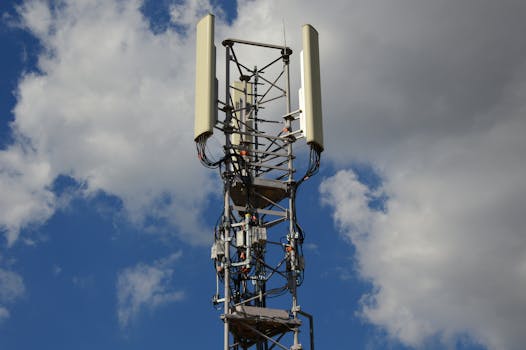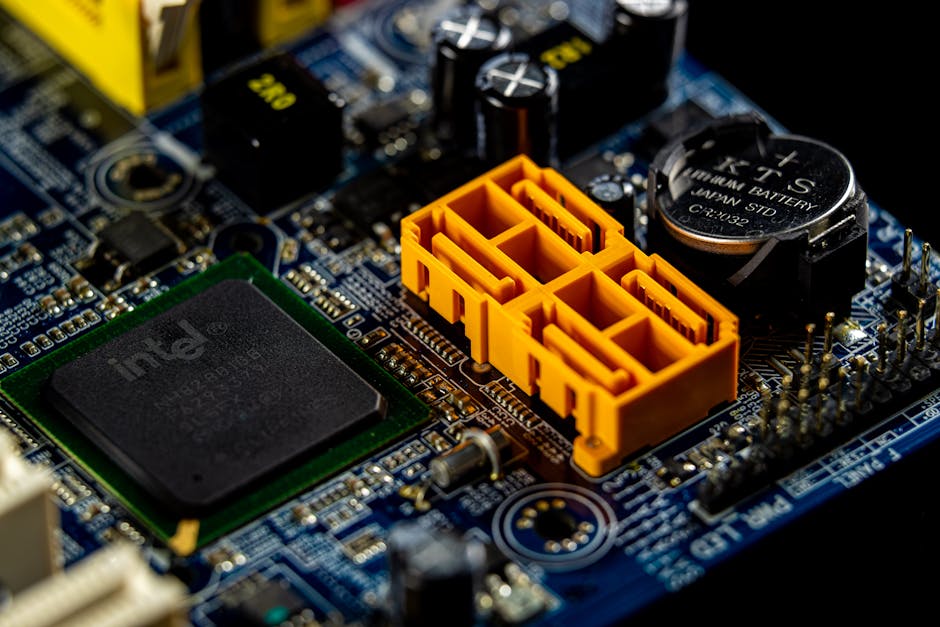5G Technology Advancements and Impact on Mobile Networks

5G Technology Advancements and Impact on Mobile Networks
5G technology is at the forefront of the digital revolution, transforming the mobile network landscape with its unprecedented speeds, lower latency, and enhanced connectivity. As the world becomes increasingly reliant on mobile devices, the need for a robust, efficient, and secure network infrastructure has never been more pressing. In this article, we will explore the latest advancements in 5G technology and its far-reaching impact on mobile networks.
The fifth generation of wireless technology, 5G, is designed to provide a significant boost to mobile broadband services, enabling faster data transfer rates, lower latency, and greater connectivity. With 5G, users can expect download speeds of up to 20 Gbps, which is substantially faster than its predecessor, 4G. This increased speed and capacity will enable a wide range of innovative applications and services, including enhanced mobile broadband, ultra-high-definition video streaming, and mission-critical communications.
Key Features of 5G Technology
Some of the key features of 5G technology include network slicing, which allows multiple independent networks to coexist on the same physical infrastructure, each with its own set of performance characteristics. This feature enables mobile network operators to provide a wide range of services, from enhanced mobile broadband to mission-critical communications, over a single physical network. Another important feature of 5G is edge computing, which involves processing data closer to the user, reducing latency and improving real-time communication.
5G technology also incorporates new wireless technologies, such as millimeter wave (mmWave) and massive multiple-input multiple-output (MIMO). mmWave uses a higher frequency band to provide faster data transfer rates, while massive MIMO uses multiple antennas to improve the capacity and coverage of mobile networks. These technologies, combined with advanced network architectures, such as software-defined networking (SDN) and network functions virtualization (NFV), enable 5G networks to be more flexible, scalable, and secure.
Impact of 5G on Mobile Networks
The impact of 5G on mobile networks will be profound, enabling a wide range of innovative applications and services that will transform the way we live and work. With 5G, mobile network operators will be able to provide enhanced mobile broadband services, including ultra-high-definition video streaming, online gaming, and virtual reality. 5G will also enable mission-critical communications, such as remote healthcare, smart cities, and public safety services.
Furthermore, 5G will have a significant impact on the Internet of Things (IoT), enabling a wide range of devices to be connected to the internet, from smart home appliances to industrial sensors. This will enable new use cases, such as smart cities, industrial automation, and smart transportation systems. 5G will also enable new business models, such as network slicing, which will allow mobile network operators to provide customized networks for specific industries and applications.
Challenges and Future Directions
While 5G technology holds tremendous promise, there are several challenges that need to be addressed, including the deployment of 5G infrastructure, security, and interoperability. The deployment of 5G infrastructure will require significant investment in new technologies, such as mmWave and massive MIMO, as well as the deployment of new cell sites and fiber optic cables.
Security is another major concern, as 5G networks will be more vulnerable to cyber threats due to the increased use of software and virtualization. Mobile network operators will need to implement robust security measures, such as encryption and intrusion detection, to protect their networks and users. Interoperability is also a challenge, as different vendors and operators will need to work together to ensure seamless communication between different 5G networks.
In conclusion, 5G technology is revolutionizing the mobile network landscape, offering unparalleled speeds, lower latency, and greater connectivity. While there are several challenges that need to be addressed, the impact of 5G on mobile networks will be profound, enabling a wide range of innovative applications and services that will transform the way we live and work.
As the world becomes increasingly reliant on mobile devices, the need for a robust, efficient, and secure network infrastructure has never been more pressing. 5G technology is poised to meet this need, enabling a new era of mobile broadband services, mission-critical communications, and IoT applications. As we look to the future, it is clear that 5G will play a critical role in shaping the digital landscape, enabling new use cases, business models, and industries that we cannot yet imagine.






